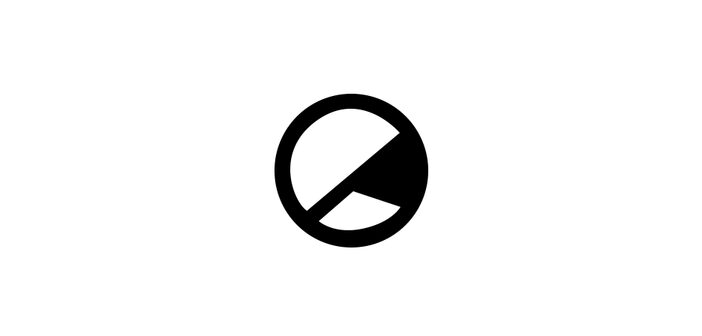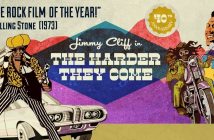Without doubt, a lot of the themes in contemporary cinema were formed during the 1980s, a decade that not only saw the continuation of the ‘blockbuster hype’, but also reinvigorated faith in studio-based productions. The steady rise of the film ‘series’ is evident, with renowned sagas including Indiana Jones, James Bond and Star Wars all enjoying fresh or continued success at the box office.
Whilst nowadays we plan our cinema schedule around ‘event’ films – for example, the next few years the attention of film fans has been captivated by the conclusion of the Marvel Cinematic Universe in Avengers: Infinity War, the continuation of the Fantastic Beasts spin-off series and the next installments in the Star Wars franchise – until the ’80s this theme was very much an exception to the rule, and though some would argue this led to a marked decline in the popularity of smaller, independent films, the ’80s have a number of notable classics.
Indeed, E.T. was the highest-grossing film of the decade at the box office, amassing an enviable $435 million upon release. Whilst we’re travelling back in time, it seems rude not to mention Back to the Future, one such production that was successful enough to spurn sequels. Thus, the emergence of sci-fi as a leader in the market is obvious, though unsurprising – the critically acclaimed original Star Wars trilogy found its conclusion with The Empire Strikes Back (1980) and Return of the Jedi (1983), with each success encouraging the film-makers of Hollywood to venture further out into space for their next smash-hit.
Fantasy films also returned to the forefront of studios’ agendas, though oddly enough cult-classics like Labyrinth, featuring the late David Bowie, along with Return to Oz, the high-budget but flop of a sequel to the original movie starring Judy Garland, only became successful once released to the public on the home video platform, and were considered failures on the big screen. The Neverending Story was also released in the 1980s and went on to enjoy a handful of sequels.
The direction of action films in the following decade was undoubtedly influenced by 1988’s Die Hard. The genre became popularised by actors such as Sylvester Stallone, Bruce Willis and Arnold Schwarzenegger and continued to thrive in the 1990s. Similarly in the East, Jackie Chan was revolutionising action films in China with Tsui Hark and John Woo, changing the landscape of action films for the foreseeable future.
Cross-genre films also enjoyed strength across the period, with The Breakfast Club being considered both a comedy and a teenage drama as five very different high school students are trapped together in detention and discover common anxieties that culminate in Brian’s detention essay. The same could be said of Ghostbusters, made even more iconic because of its title theme, which easily falls into the categories of sci-fi, comedy, action and fantasy.
Even if we leave to one side the sheer number of classics produced during the 1980s, there is little doubt that their lasting legacy surrounds the effect they will have on the cinema industry for many years to come.





1 Comment
nice post…thanks for sharing